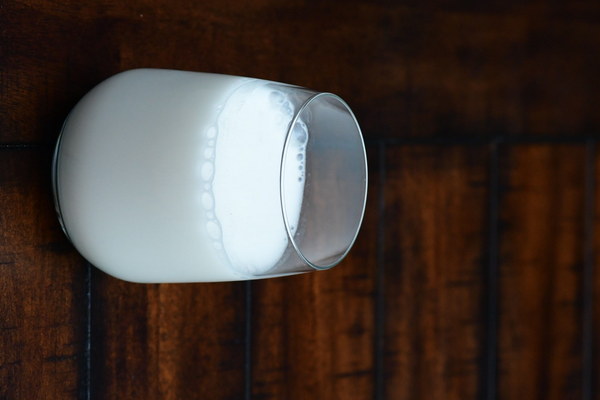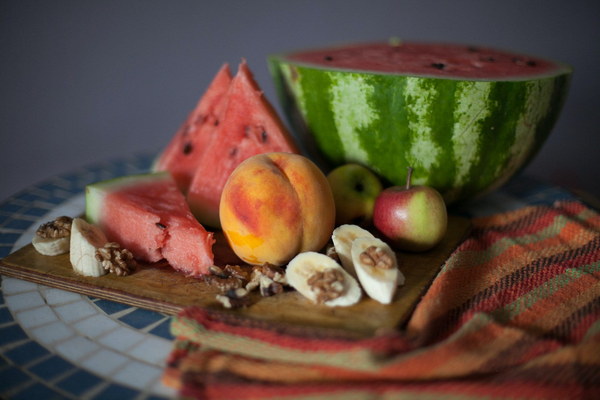Will Tonifying Qi and Blood Eliminate Dampness
In traditional Chinese medicine (TCM), the concept of tonifying Qi and blood is deeply rooted in the understanding of the body's internal balance. One of the most common questions among TCM enthusiasts is whether tonifying Qi and blood can help eliminate dampness. This article delves into this question, exploring the interplay between Qi, blood, and dampness, and the effectiveness of tonifying treatments in dampness-related disorders.
Firstly, let's define the key terms. Qi (vital energy) is the fundamental substance that animates the body and maintains its physiological functions. Blood, on the other hand, is responsible for nourishing the body's tissues and organs. Dampness, as described in TCM, is a pathogenic factor that can lead to various health issues, such as fatigue, weight gain, and joint pain.

In TCM, dampness is often considered a result of an imbalance in the body's internal environment, which can be influenced by various factors, including diet, lifestyle, and external environment. When dampness accumulates in the body, it can obstruct the flow of Qi and blood, leading to various health problems.
Tonifying Qi and blood, as a therapeutic approach, aims to restore the balance of these vital substances. By tonifying Qi, the body's overall energy levels are improved, which can help in overcoming fatigue and weakness. Similarly, tonifying blood can enhance the body's ability to nourish its tissues and organs, leading to improved vitality and well-being.
Now, let's address the main question: Can tonifying Qi and blood eliminate dampness? The answer is not straightforward, as it depends on the individual's specific condition and the stage of dampness accumulation.
In the early stages of dampness, when it is still superficial, tonifying Qi and blood may be effective in eliminating dampness. This is because, in the initial phase, dampness may not have fully settled in the body, and tonifying treatments can help restore the body's balance and eliminate the dampness.
However, in cases where dampness has become more profound and has infiltrated deeper layers of the body, tonifying Qi and blood alone may not be sufficient to eliminate the dampness. In such cases, additional TCM treatments, such as draining dampness, may be necessary. Drainage techniques, such as diuretics or herbs that promote sweating, can help to remove the accumulated dampness from the body.
Moreover, it's essential to consider the individual's specific constitution and the underlying causes of dampness. For instance, if dampness is due to an improper diet, such as excessive intake of cold, damp foods, addressing dietary habits may be crucial in eliminating dampness. Similarly, if dampness is a result of a weakened spleen and kidney function, tonifying these organs may be necessary.
In conclusion, while tonifying Qi and blood can be an effective strategy in the early stages of dampness, it may not be sufficient to eliminate dampness that has become more entrenched in the body. A comprehensive TCM approach, which may include tonifying, draining, and addressing underlying causes, is often required to achieve optimal results in dampness-related disorders.
In summary, tonifying Qi and blood can play a significant role in the treatment of dampness-related disorders, but it is important to consider the individual's specific condition and the stage of dampness accumulation. By adopting a holistic TCM approach, individuals can improve their overall health and well-being and effectively eliminate dampness from their bodies.









